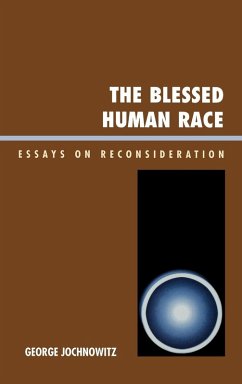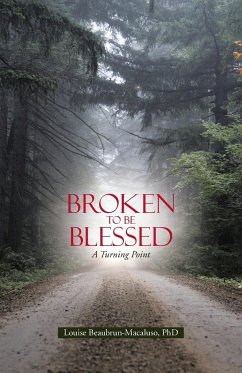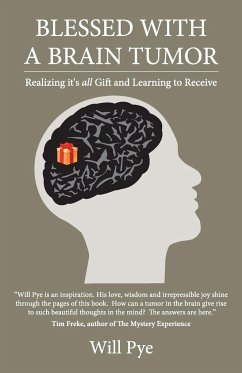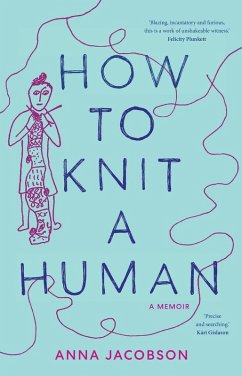
Blessed Human Race
Essays on Reconsideration
Versandkostenfrei!
Versandfertig in 1-2 Wochen
53,99 €
inkl. MwSt.
Weitere Ausgaben:

PAYBACK Punkte
27 °P sammeln!
Professor George Jochnowitz and his daughter Miriam were teaching in China at the time of the Tiananmen Massacre in 1989. The experience drastically changed the author's way of thinking about Marxism. Professor Jochnowitz saw that the rulers of China were acting in the spirit of Karl Marx, whose writing logically led to dictatorship and famine. Many people have expressed negative views about communism. Some have harsh words for Marxism as well. Almost nobody, however, will take the next step and relate the cruelty of Marxism to the words of Marx. Living and teaching in China led Professor Joch...
Professor George Jochnowitz and his daughter Miriam were teaching in China at the time of the Tiananmen Massacre in 1989. The experience drastically changed the author's way of thinking about Marxism. Professor Jochnowitz saw that the rulers of China were acting in the spirit of Karl Marx, whose writing logically led to dictatorship and famine. Many people have expressed negative views about communism. Some have harsh words for Marxism as well. Almost nobody, however, will take the next step and relate the cruelty of Marxism to the words of Marx. Living and teaching in China led Professor Jochnowitz to cross this line and examine his experience and new outlook in The Blessed Human Race. Having crossed this political line, Professor Jochnowitz crossed others as well. His thoughts about faith of any sort, religious or political, became negative. The idea of justification through faith became morally offensive. He concluded that this world has too many idols that go unquestioned. Questioning major and minor taboos, including interpretation of works of music as well as politics and religion, he concludes that the human race's virtue is found in questioning rather than obedience.














